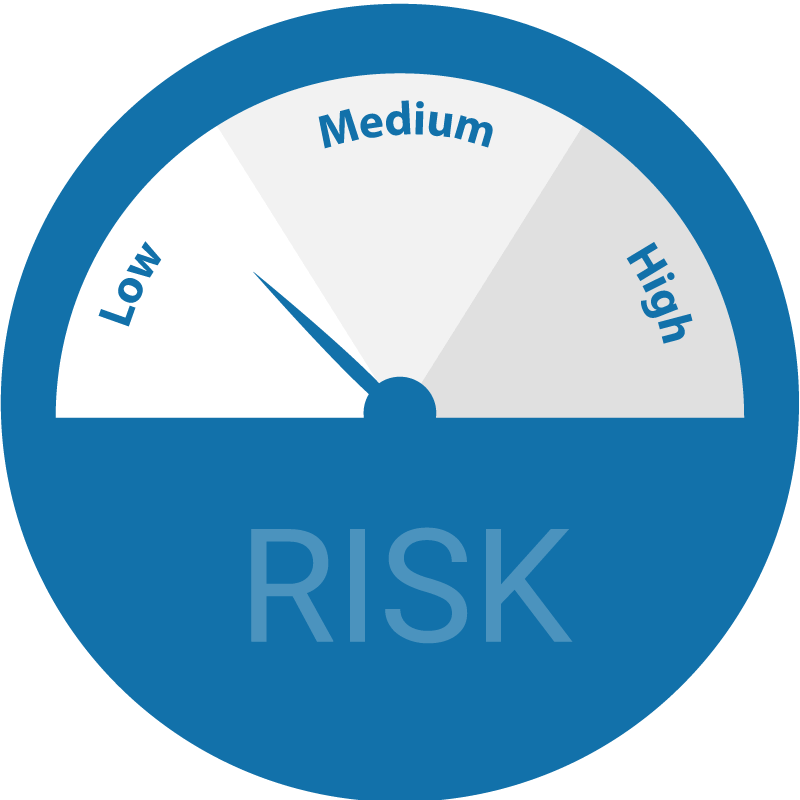
Data Analytics | Why is it important?
With 2.5 quintillion bytes of data being generated daily, it is extremely hard for an organisation to keep track of everything. However, few companies such as Amazon, Microsoft, Google etc., were able to gain a massive advantage because of investing their time and effort into data analytics.
On the other hand, there are also several different companies that could not achieve similar results, and it can be attributed to several factors such as:
- poor data quality,
- analysts who do not understand the technology or haven’t had good business knowledge
- choosing the right set of tools for solving a particular problem.
Based on this analysis, we can conclude that organisations that invest in data analytics better understand their business and clients, allowing them to add value to their products and services and so enhance their market position.
But first, let’s understand what business data analytics is?

In brief, it is the process of using data analytics solutions for solving business problems that involve a recursive systematic exploration of a company’s data to find patterns and improve decision-making capabilities.
A variety of factors contribute to successful business analytics. This includes the following:
- Effectively Decision Making.
- Improved Efficiency.
- Risk Mitigation.
- Enhanced Security.
Areas where companies can leverage the benefits of data analytics:

Effectively Decision Making:
The collected data can effectively justify the key business decisions made. This is possible with the help of two techniques, namely predictive analytics, that can be used to predict future outcomes such as sales and prescriptive analytics, which shows how the desired output can be achieved by following some fixed set of guidelines and principles.

Improved Efficiency:
Automated monitoring of data using machine learning techniques helps in finding out anomalies without human intervention, thereby helping the company to reduce downtime and improve efficiency.

Risk Mitigation:
Data analytics can also be used to highlight potential risks, thereby helping the companies to set their strategies accordingly. For instance, retail chain businesses in Australia can gather crime data related to a specific region and use statistical methods to determine those areas which are highly prone to shoplifting activities, thereby giving them the chance to relocate their store or increase security. Insurance providers can also use this strategy to regulate their cover based on the region.

Enhanced Security:
Businesses can parse, process, and visualise the company’s audit logs to identify the course and origins of a past cyber-attack which can later be used to demonstrate the vulnerabilities present in a system and suggest potential fixes.
Real-life examples
How companies in the past use data analytics to perform better?

Did you know that Netflix saves more than a billion USD every year because of its recommendation engine that uses advanced algorithms which filter content based on the viewer’s profile? The algorithm is so successful that Netflix claims that personalised recommendations determine 80% of user activity.

Amazon increased their annual revenue by 143% between 2016 – 2019 by implementing a big data strategy that revolved around managing the prices of products based on several factors such as user activity on the website, competitors’ pricing, availability of the product, user preferences, order history and expected margin of profit.
Why is data analytics so important for businesses now more than ever?
It drives an organisation forward through facts and figures rather than gut feelings. It helps in making data-driven decisions along with providing invaluable insights into key business areas such as:
- Finding customer purchase behaviours.
- Allows for targeted marketing.
- Security and risk mitigation.
- Finding customer/client satisfaction.
However, it is extremely vital to note that a lot is dependent on the quality of the collected data which is the building block of any model. So, it is extremely vital to maintain high standards while collecting the data which can ultimately lead to greater success.
In conclusion, data analytics helps organisations to thoroughly utilise their data to their full potential thereby maximising opportunities and revenue.
References:
[1] Lutkevich, B. (viewed 2022), Business Analytics, <https://www.techtarget.com/searchbusinessanalytics/definition/business-analytics-BA>.[2] Meltzer, R. (2020), How Netflix utilises data science,[3] Pathak, R. (2021), How Amazon uses Big Data,<https://www.analyticssteps.com/blogs/how-amazon-uses-big-data>.
[4] Popova, M. (2021), How data analytics can help a business,<https://www.helastel.com/how-data-analytics-can-help-a-business/>.

Vivek nimmagadda
Are you interested in knowing more about it?
Let’s talk, we can help you!
Check out the Lucid Insights blog
There is a variety of content that may help you to improve your business!







